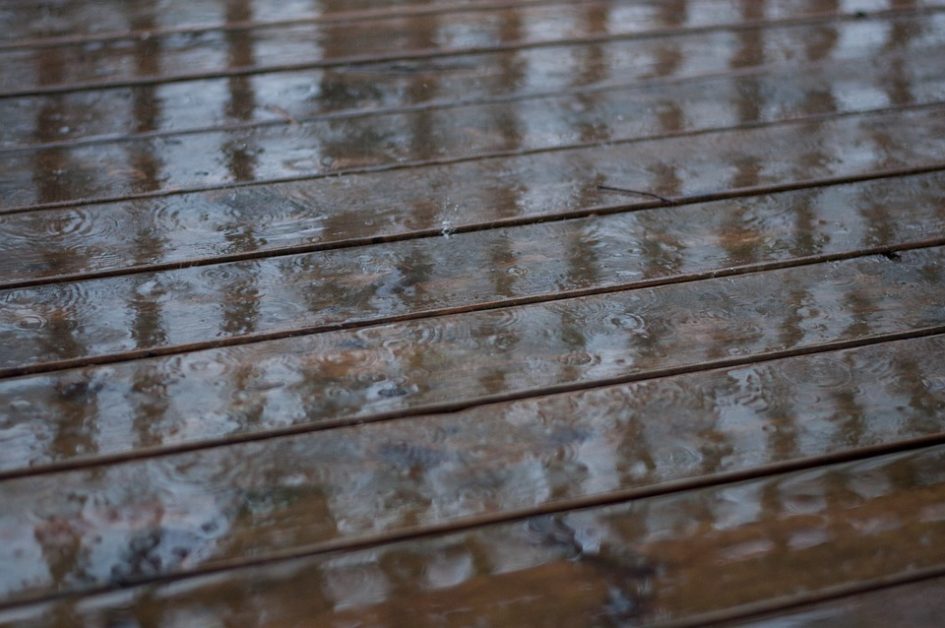If you’re considering waterproofing your deck, you’re making a wise decision. A deck is a major investment, and it’s important to protect that investment by waterproofing it. Let’s discuss everything you need to know about deck waterproofing. We’ll cover the basics, such as what deck waterproofing is and what materials are used, as well as more advanced topics like drainage systems and coatings. By the end of this article, you’ll have all the information you need to make an informed decision about deck waterproofing.
What is deck waterproofing? Deck waterproofing is the process of preventing water from damaging your deck. This involves using materials that are impermeable to water, such as specialized sealants and coatings.
There are a few different materials commonly used in deck waterproofing. These include concrete, asphalt, and plastic membranes. Each of these materials has its own pros and cons, so it’s important to choose the right material for your deck based on your needs and budget. For example, plastic membranes are typically more expensive than other options but also offer greater protection against damage from water.
Another important factor when choosing a deck waterproofing material is drainage. Too much moisture can lead to mold growth and general deck deterioration, so it’s important to choose a material that allows for proper drainage. Some deck waterproofing options, such as concrete or asphalt, can be installed with built-in drainage channels to ensure optimal moisture control.
If you are concerned about the environmental impact of deck waterproofing materials, there are some alternatives available that may be more eco-friendly. For example, certain deck coatings made from recycled plastics and other materials can help reduce your impact on the environment without compromising on performance.
How does it work?
The deck waterproofing materials are applied either as a liquid sealant, or as a coating that is poured onto the deck surface. In some cases, deck waterproofing may also involve excavation of the deck area to allow for drainage channels to be installed underneath.
Overall, choosing the right deck waterproofing material is an important step in creating a long-lasting and durable deck space. Whether you are looking for maximum protection against damage from water or want to reduce your environmental impact, there is likely a perfect option out there for your deck. So, whether you are a DIY deck builder or hiring a professional deck builder, be sure to research your options and find the perfect deck waterproofing solution for you.

Leave a Reply